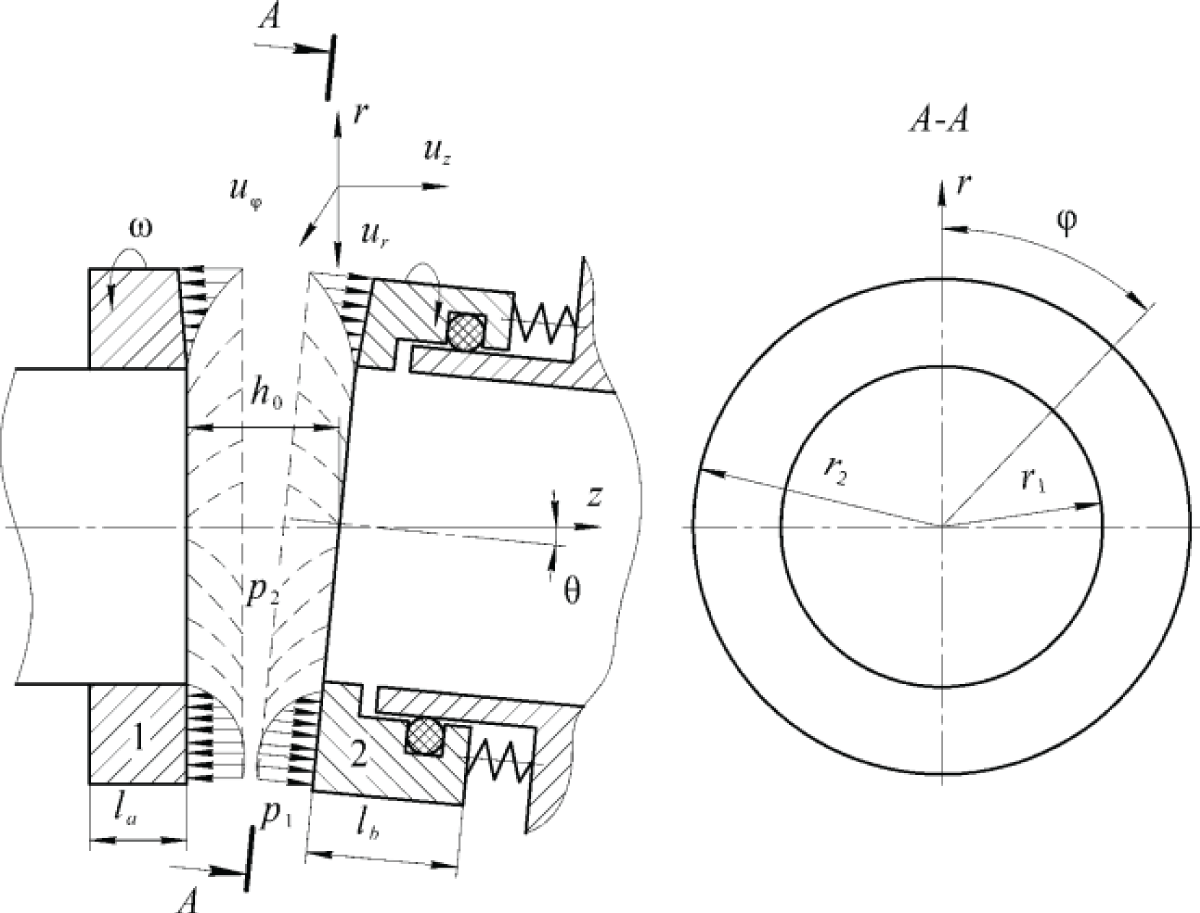Article Explorer
From Traditionalism to Algorithms: Embracing Artificial Intelligence for Effective University Teaching and Learning

Effect of Rainfall on Water Parameters in Recreational Lakes in Heidelberg, Germany
Lifestyle and Well-being among Portuguese Firefighters

Efficacy of Different Concentrations of Insect Growth Regulators (IGRs) on Maize Stem Borer Infestation

Development of a Mechanical Seal Closed Design Model

Strengthening IoT Network Protocols: A Model Resilient Against Cyber Attacks

The Conceptual View of the Department of Combat use of Communication Units on the Creation of a Training Game Complex for Training Military Specialists on the Basis of Leadership

Efficient Room Temperature Ethanol Vapor Sensing by Unique Fractal Features of Tin Oxide

The University Sector is Converging on Manufacturing in UK

A Rare Case of Recurrent Vulvovaginal Smooth Muscle Tumor of Uncertain Malignant Potential (STUMP)

The Kazakh Language Requires Reform of its Writing
On the Governing Equations for Velocity and Shear Stress of some Magnetohydrodynamic Motions of Rate-type Fluids and their Applications

Analysis of EU Countries’ Capabilities to Achieve Ambitious “Zero Victim” Vision in 2050
From Traditionalism to Algorithms: Embracing Artificial Intelligence for Effective University Teaching and Learning
The current study examines the impact of integrating artificial intelligence (AI) in higher education in Saudi Arabia, specifically focusing on the roles of university teachers and students’ learning outcomes. It investigates the transformation of teaching practices, and the challenges faced by university teachers during AI integration, and identifies opportunities for collaboration and innovation. A quantitative research method using a survey questionnaire was employed to gather data and inform practical recommendations. The findings indicate that university teachers recognize the potential benefits of AI in education, but also highlight the need to address challenges for effective implementation. Participants perceive AI as a tool that enables more creative and engaging teaching methods, automates tasks, and brings about changes in teaching approaches. Difficulties in utilizing AI effectively and adapting to new teaching methods were identified. AI also offers opportunities for innovation, collaboration, and creating engaging learning environments. There were slight variations in perspectives based on gender and current role, with female university teachers and teaching assistants/professors perceiving higher impact and opportunities for collaboration and innovation. Participants with higher AI expertise perceived a greater impact of AI and fewer challenges. Those who aligned with the educational purposes of AI saw greater impact and opportunities for collaboration while acknowledging usage difficulties.






